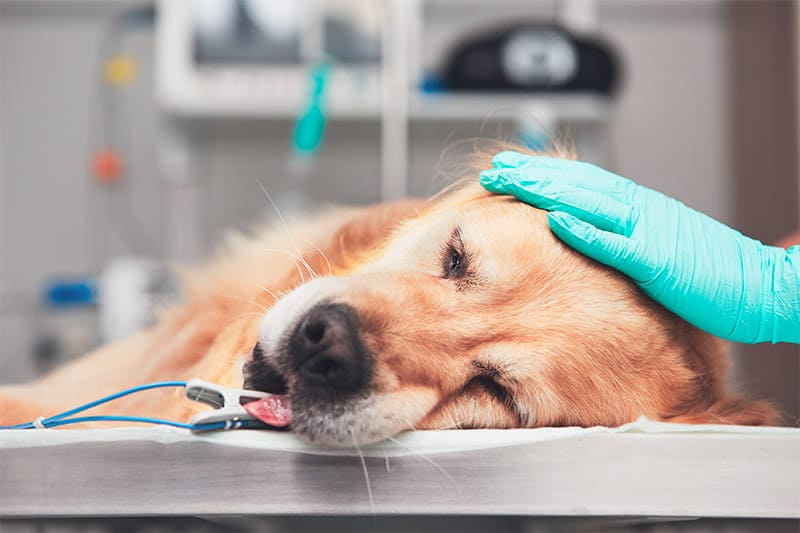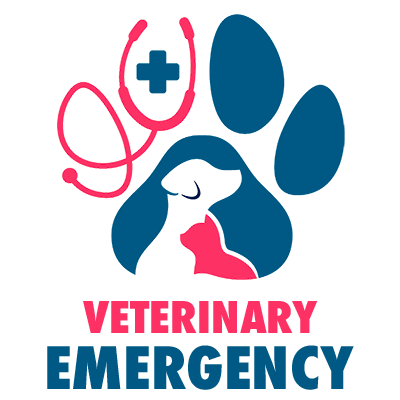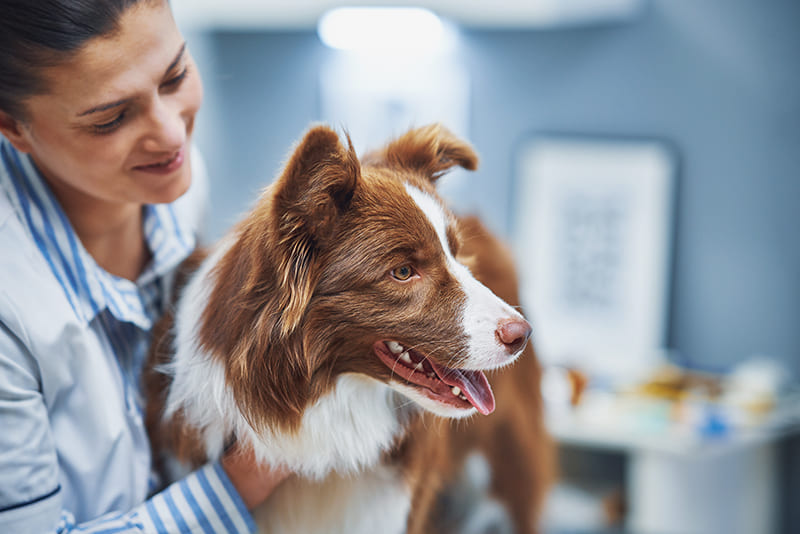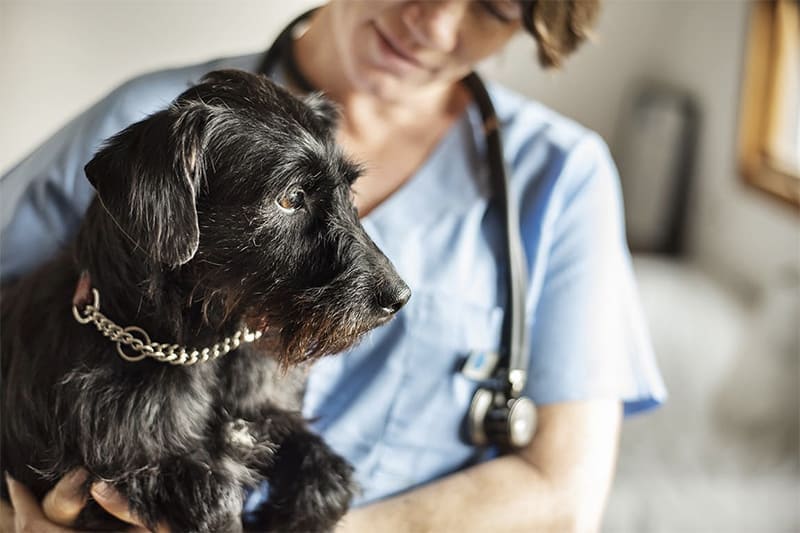
Symptoms of a veterinary emergency in pets
The following list includes some common signs that your dog or cat may require emergency care. Keep in mind that this is not exhaustive, and you should always trust your instincts if something seems off with your pet.

Trauma
Injuries from accidents or other animals, including bite wounds, fractures, or internal injuries, often necessitate emergency care to prevent complications and ensure proper healing

Unconsciousness or collapse
If your pet collapses, loses consciousness, or is unable to stand, it may signal a critical issue such as shock, anemia, or internal bleeding.
Is this a serious symptom?
Some symptoms may be cause for concern, but they might not necessarily require immediate attention from an emergency vet. In these cases, monitoring your pet closely and contacting your regular veterinarian during normal business hours may suffice. Here are some examples of non-urgent situations:
- Minor cuts or scrapes that can be managed at home with wound care and disinfection
- Mild limping without obvious fractures or dislocations
- Short-term episodes of vomiting or diarrhea with no additional signs of distress
- Skin irritations or mild allergic reactions that do not interfere with breathing or swallowing
However, if you're ever unsure about the severity of your pet's condition, it's always better to err on the side of caution and consult with an out of hours vet. They can help determine the best course of action and ensure that your pet receives appropriate care in a timely manner.
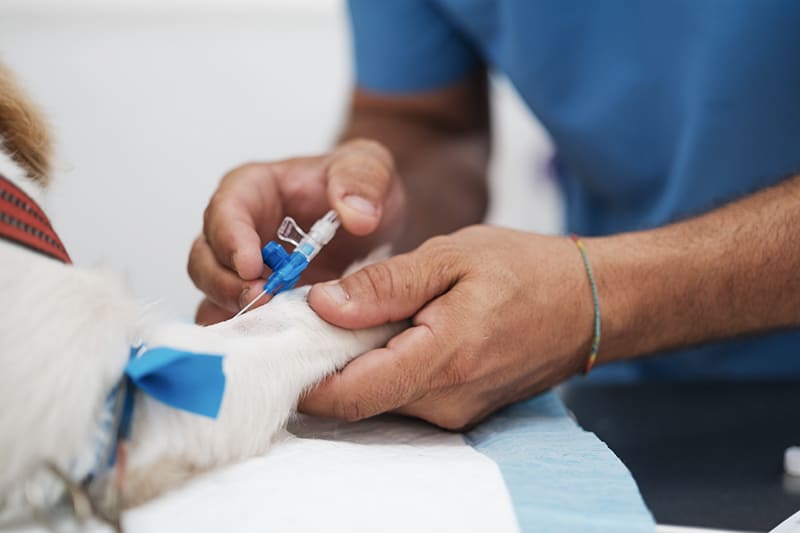
Anticipating a veterinary emergency
To anticipate the sudden onset of an emergency with your pet, you need to be prepared. Here's our advice to avoid having to react in haste and confusion:
- Collect and accurately record veterinary emergency telephone numbers. You can now add our 033 0027 0670 a number to your telephone contacts under the heading ‘Urgence Vétérinaire’.
- Transport your pet safely: Use a proper carrier or crate for cats and small dogs, and secure larger dogs with a leash or harness. If you are unable to move your pet, contact our home vet.
- Prepare a first aid kit for your pet. In the event of an emergency, you'll have the small items you need on hand: thermometer, compresses, disinfectant, bandages, etc.
- Create a medical file for your pet, including its health history and various documents such as prescriptions and test results. Please note that a vaccination record is not sufficient in the event of a veterinary emergency. You can use Vet’Shield, our application dedicated to your pet's health
To be well prepared in the event of a veterinary emergency, you also need to anticipate the cost of emergency veterinary care. The most reassuring solution is to take out pet health insurance as soon as possible. That way, you can act quickly without worrying about the financial aspects of the situation.
